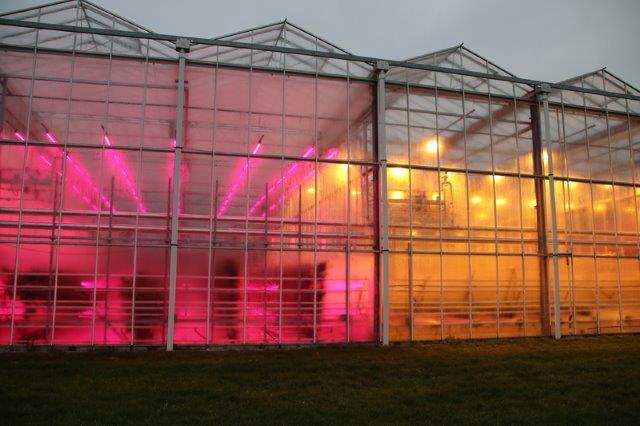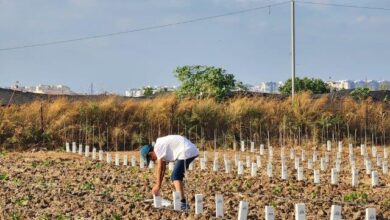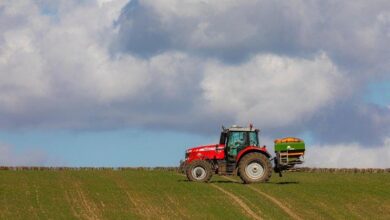In the face of the escalating climate crisis, extreme weather phenomena have surged, amplifying the challenges and uncertainties farmers confronting worldwide. These changing conditions have rendered it increasingly difficult for farmers and planters to predict the environmental variables that will influence their crops’ growth. In particular, the availability of natural light, which plants rely on for development, has become an unreliable factor.
HORTIV by Mega light, a company based in Israel, has been at the forefront of developing LED lighting solutions to address the challenges farmers and planters face in the wake of the climate crisis and increasing extreme weather events.
The company’s commitment to understanding customer needs and constantly innovating has led to the creation of cutting-edge products aimed at improving crop yields and profitability. Here’s an overview of their latest offerings.
Recognizing that integrating artificial lighting into the cultivation process can help farmers and transplanters navigate the challenges posed by the climate crisis, HORTIV has embarked on a mission to enhance crop productivity and profitability.
In our conversation with Yair Nissan, the founder and owner of the company, ahead of the new year, we learned about forthcoming products that hold the promise of revolutionizing the horticultural industry.
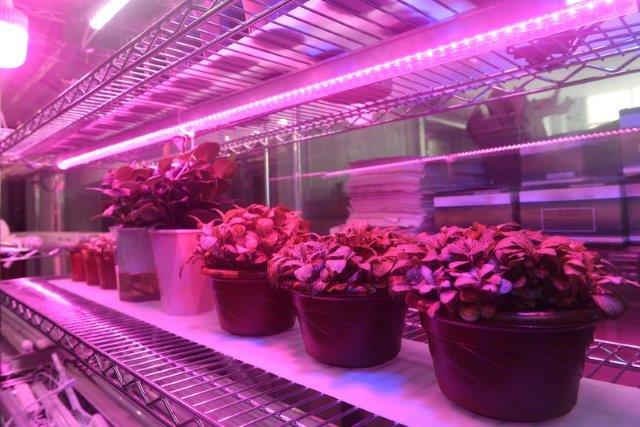
1. Stable Spectrum LED Lighting for Closed Spaces
– This product is designed to enhance lighting conditions in closed spaces, ensuring optimal spectrum for plant growth regardless of the season, time of day, or available natural light.
– The LED lighting technology maintains a stable wavelength, tailored to the specific needs of the plants, providing consistent and reliable lighting throughout their growth cycle.
2. Real-Time Spectrum Adjustment for Greenhouse Growing
HORTIV’s second product is a breakthrough solution for greenhouse agriculture. It offers real-time spectrum adjustment for plants, dynamically changing the spectrum to match each growth stage, and changes in natural sunlight -based on sensor data.
This innovation ensures that the plants receive the ideal wavelengths for their development, independent of external factors like sunlight strength, season, or time of day.
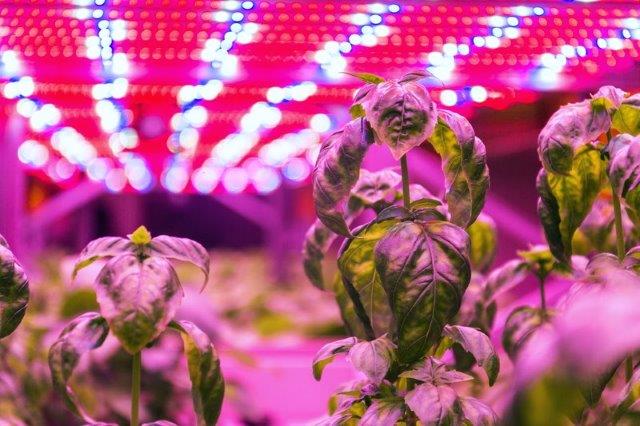
Key Advantages of the Innovative Product Line:
– Real-Time Adjustment: The technology can dynamically change the lighting spectrum in real time to match the specific requirements of the plants,
Using the data from the sensor.
–Energy Efficiency: The products automatically activate LED lighting at the required wavelengths and power levels only when needed, resulting in energy savings.
-Crop Uniformity: The technology promotes crop uniformity by maintaining consistent and optimal growing conditions.
–Higher Yields: By providing plants with ideal conditions throughout their growth, these products contribute to increased crop yields.
–Remote Monitoring and Control: Users can remotely monitor and control growing conditions, including real-time adjustments based on sensor data.
– Customizable Lighting Plans: Users can define lighting plans in advance, allowing for customization at different stages of plant growth, such as fruiting or flowering.
–Automatic Programming: The system allows for automatic programming of lighting to maximize efficiency, ensuring that the right amount and quality of light is provided at all stages of growth.
HORTIV’s products incorporate advanced technologies and offer a digital control-based solution for plant cultivation in various conditions and dynamic environments. The company’s commitment to rigorous planning and production processes, combined with professional support and service, positions Hortiv as a leading provider of comprehensive LED lighting solutions for both closed spaces and greenhouses.
These innovations have the potential to significantly improve the resilience of agriculture in the face of climate-related challenges and promote sustainable and efficient crop production.

